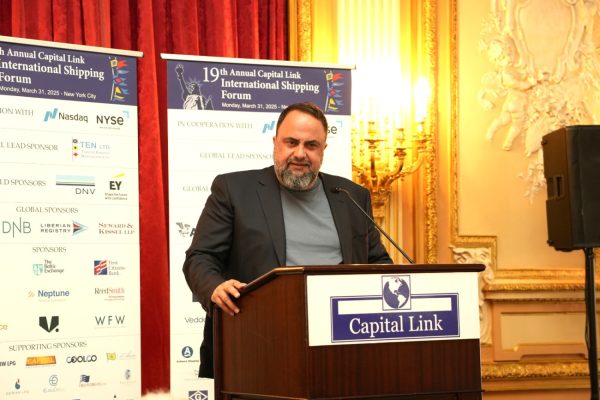Amidst an escalation of tension in the Aegean, Nato Secretary General Jens Stoltenberg while on an official visit to The Hague answered a question posed by Ta Nea’s Maria Vasiliou and called on Greece and Turkey address their differences between themselves.
Acknowledging that there are well-known differences between the two countries, Stoltenberg urged Ankara and Athens to resolve their differences in a spirit of good neighbourly relations, and in the framework of bilateral meetings.
At the same time, Stoltenberg welcomed the recent telephone contact between Prime Minister Alexis Tsipras and Turkish PM Binali Yildirim, in order to address these issues, as he said.
Yildirim called Tsipras to offer his and Recep Tayyip Erdogan’s condolences on the 12 April death of a Greek Air Force pilot whose fighter jet crashed into the Aegean.
In that context, Stoltenberg ruled out the prospect of Nato intervening in Greek-Turkish disputes.
The Nato chief said he does not believe it would be helpful for Nato to become involved in these issues, which cause some problems, and which must be addressed by Greece and Turkey.
Stoltenberg underlined that both countries are “highly valued allies” and members of the Alliance for a number of decades. He said that both countries contribute to missions, operations and collective defence in various ways, and that Nato welcomes that.
Addressing parliamentarians in The Netherlands, who criticised Turkey’s operations in Afrin, Syria, and questioned whether Ankara respects the principles of the Alliance, Stoltenberg underlined that Turkey is a key Nato ally.
He cited Turkey’s geographic position – its common borders with Russia, Iraq and Syria – its contribution to combating Daesh, and its role in controlling the borders.
As for operations in Syria, he stressed the need for better coordination between Washington and Ankara, on the ground in northern Syria.
Maria Vasileiou































